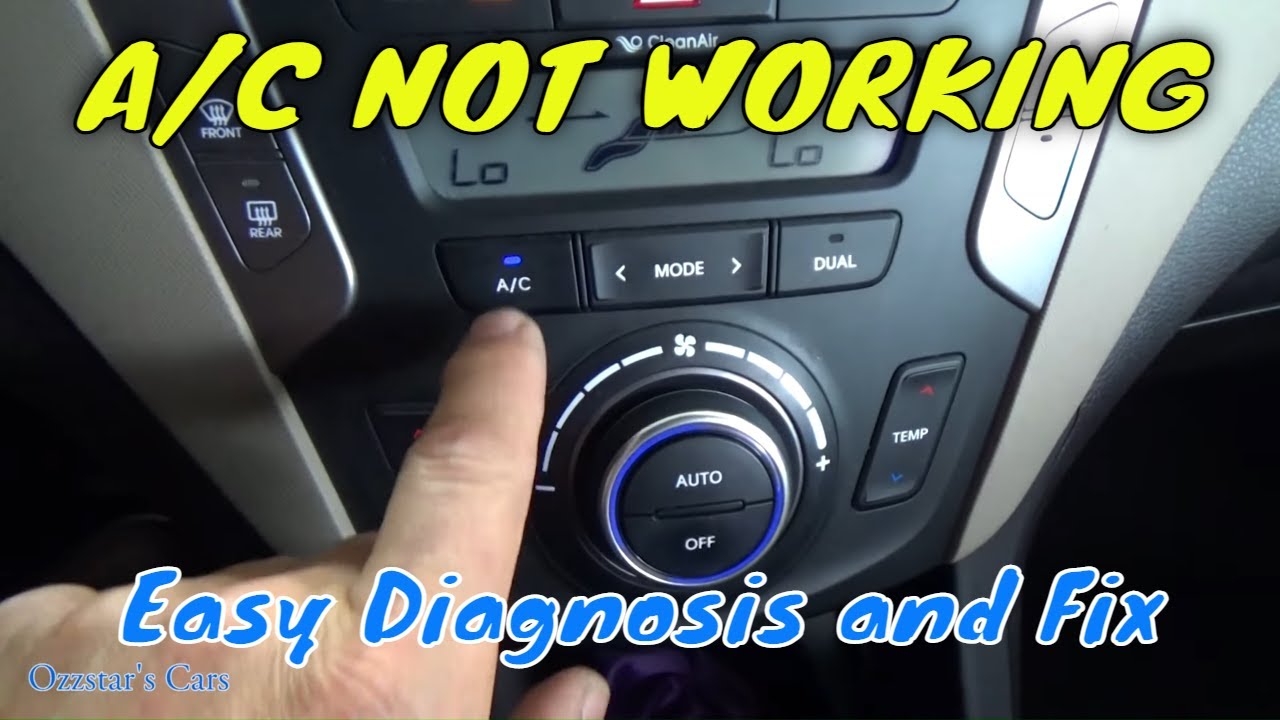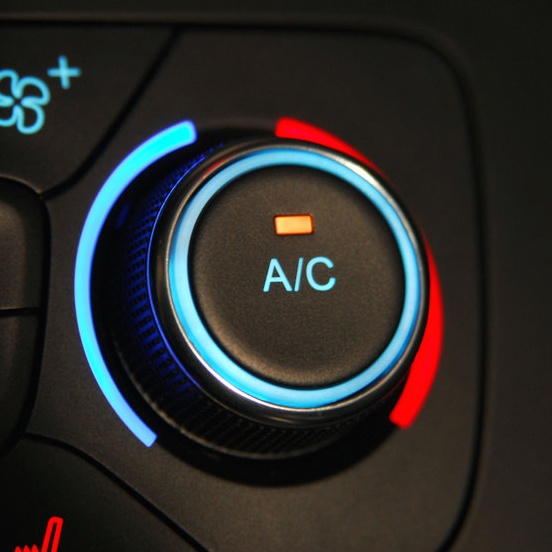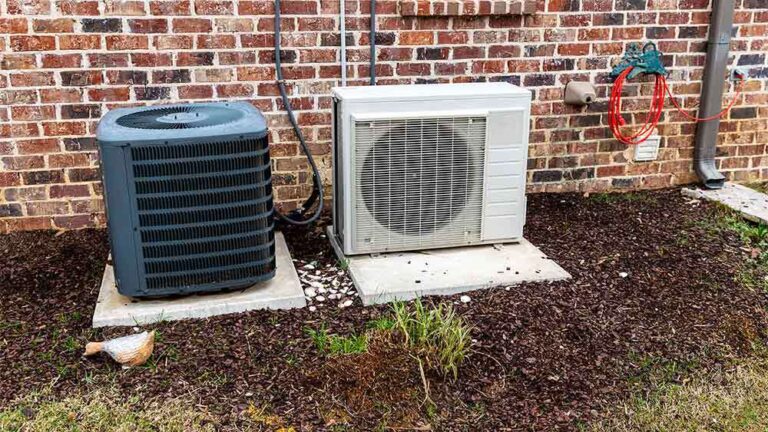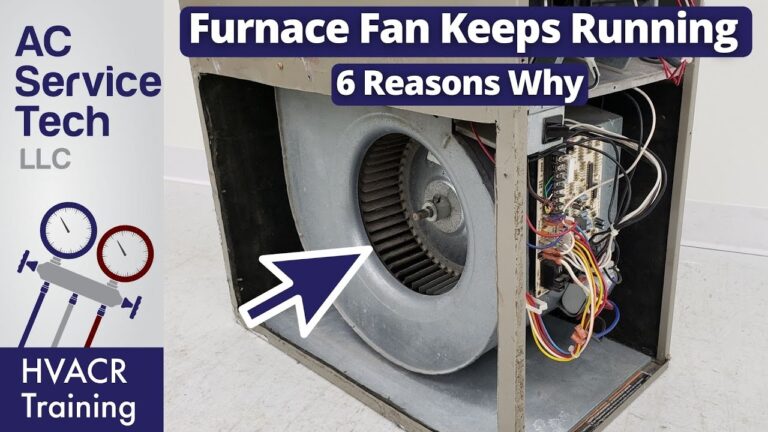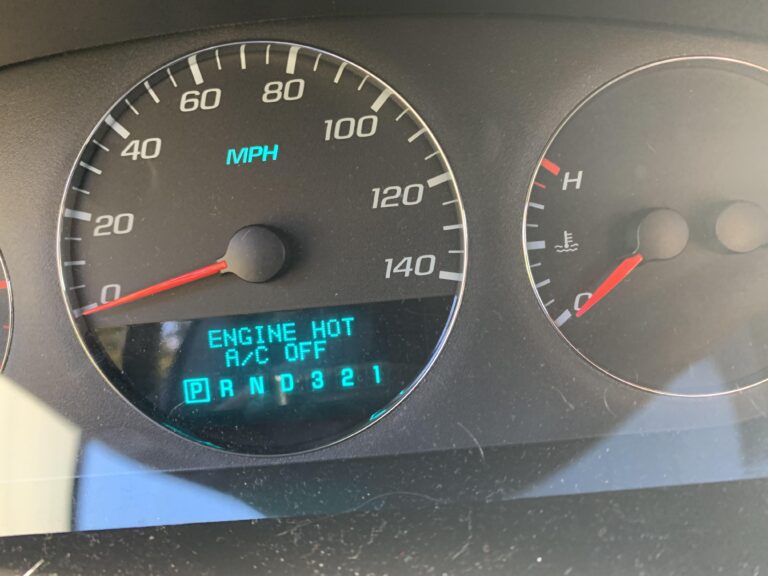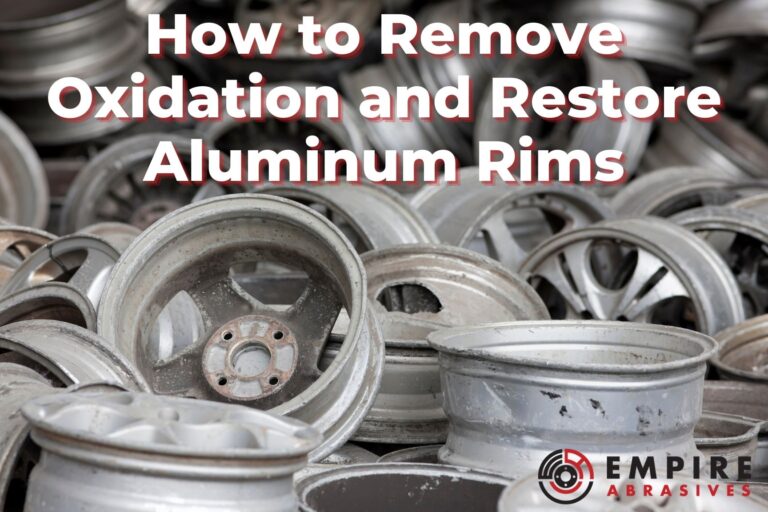Hyundai Tucson Air Conditioner Problems: Troubleshooting Solutions
The most common reasons a Hyundai Tucson AC isn’t working are a refrigerant leak, an electrical climate control issue, or a problem with the air conditioning compressor. When the air conditioning in your Hyundai Tucson blows hot air, it’s likely due to a refrigerant leak.
The discharge aircon hose leaking at the ferrule crimp is a common fault in the Hyundai Tucson air conditioning system. Fixing the AC in a Hyundai Tucson can vary in cost depending on the specific issue. A dirty cabin air filter, clogged condenser or evaporator, damaged blower motor, or faulty electrical system can also cause abnormal AC operation in a Hyundai.
If your Hyundai Tucson is experiencing AC problems, it’s best to consult a professional for repair.
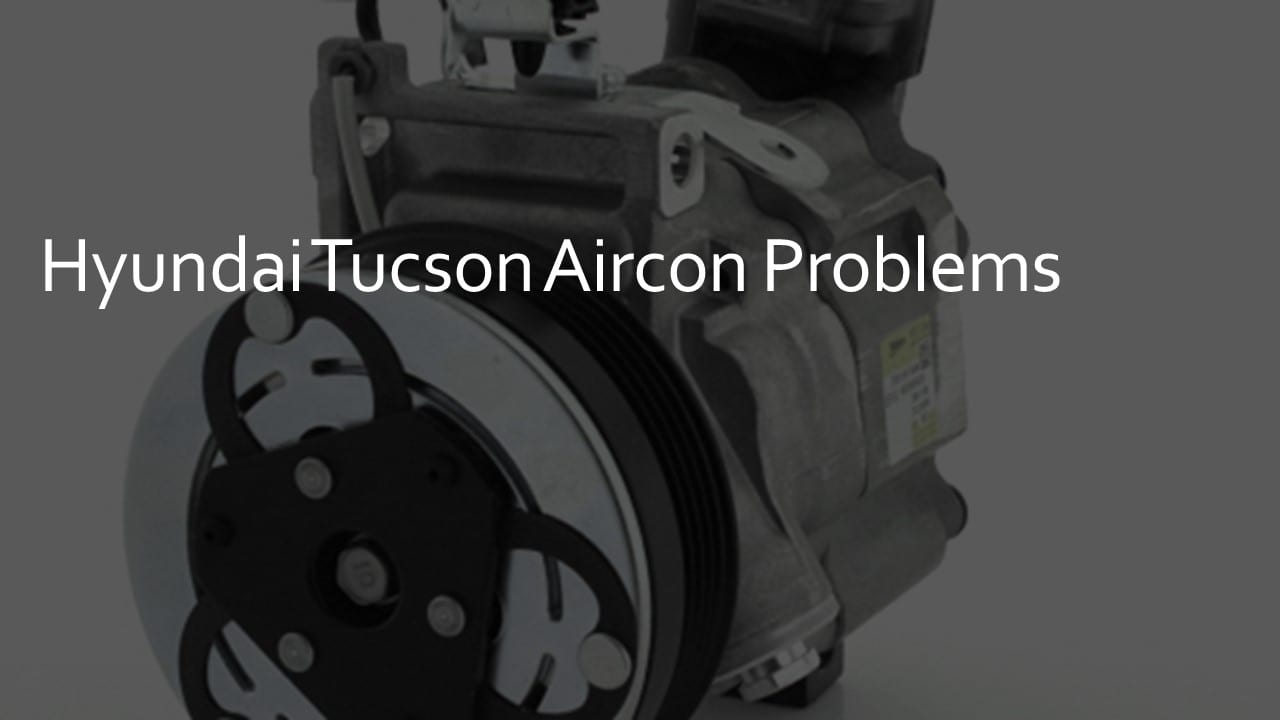
Credit: keepincool.com.au
Common Reasons For Hyundai Tucson Ac Not Blowing Cold Air
If your Hyundai Tucson AC is not blowing cold air, it could be due to a refrigerant leak, an electrical climate control issue, or a problem with the air conditioning compressor. Check for these common reasons to troubleshoot the problem.
Refrigerant Leak:
- A refrigerant leak is one of the most common reasons why the Hyundai Tucson’s AC is not blowing cold air.
- The AC system relies on the refrigerant to cool the air, so if there is a leak, the refrigerant level drops, and the air blows warm.
- Signs of a refrigerant leak include reduced cooling performance, hissing sounds, or a sweet smell coming from the vents.
- To fix a refrigerant leak, the source of the leak needs to be identified and repaired. Then, the system should be recharged with the appropriate amount of refrigerant.
Electrical Climate Control Issue:
- An electrical climate control issue can also cause the Hyundai Tucson’s AC to not blow cold air.
- This can happen if there is a problem with the temperature control module, the wiring, or the sensors that regulate the climate control system.
- Symptoms of an electrical climate control issue can include the AC blowing warm air, the controls not responding, or the system not being able to maintain the desired temperature.
- To address an electrical climate control issue, a professional technician may need to diagnose the problem using specialized equipment and then repair or replace the faulty components.
Problem With The Air Conditioning Compressor:
- Another common reason for the Hyundai Tucson’s AC not blowing cold air is a problem with the air conditioning compressor.
- The compressor plays a crucial role in the AC system by pressurizing and circulating the refrigerant.
- If the compressor is faulty or not working correctly, it can result in the AC blowing warm air.
- Signs of a compressor issue may include unusual noises, such as grinding or squealing, or the AC not turning on at all.
- To fix a problem with the air conditioning compressor, it may need to be replaced or repaired, depending on the specific issue.
Signs Of A Refrigerant Leak In Hyundai Tucson Ac
If your Hyundai Tucson AC stops blowing cold air, it could be a sign of a refrigerant leak, electrical climate control issue, or problems with the air conditioning compressor. Don’t ignore these signs and get your AC checked to prevent further damage.
Hyundai Tucson Air Conditioner Problems:
If you own a Hyundai Tucson and are experiencing issues with your air conditioner, one possible cause could be a refrigerant leak. It’s important to be aware of the signs of a refrigerant leak so that you can address the problem and restore your AC system’s cooling efficiency.
Here are some telltale signs to look out for:
Air Conditioning Blowing Hot Air:
- Air conditioner fails to provide cool air, instead blowing hot air.
- Lack of cold air even when the AC system is turned on and running at full blast.
- Unpleasant and warm air coming out of the vents.
Decreased Cooling Efficiency:
- Noticeable decrease in the overall cooling capacity of your Hyundai Tucson’s air conditioner.
- Longer cooling time required to achieve the desired temperature.
- Inconsistent cooling performance, with the AC system struggling to maintain a consistent level of coolness.
Ice Buildup On Refrigerant Lines:
- Visible ice accumulation on the refrigerant lines of your Hyundai Tucson’s AC system.
- Frost forming on the refrigerant lines, hindering the proper flow of refrigerant.
- Icy buildup obstructs the cooling process, preventing the air conditioner from functioning at its full potential.
If you notice any of these signs, it is advisable to have your Hyundai Tucson’s air conditioning system checked by a professional technician. A refrigerant leak can lead to further damage if left unaddressed, resulting in more costly repairs. Addressing the issue promptly will help ensure the efficient performance of your Hyundai Tucson’s air conditioning system and your overall driving comfort.
(Note: The information provided here is general in nature and may vary depending on the specific model and year of your Hyundai Tucson. It is always recommended to consult the owner’s manual or seek professional guidance for accurate diagnosis and repair.)
Steps To Troubleshoot An Electrical Climate Control Issue In Hyundai Tucson Ac
Having trouble with the air conditioning in your Hyundai Tucson? It could be due to an electrical climate control issue. Follow these steps to troubleshoot and resolve the problem.
If you’re experiencing electrical climate control issues with your Hyundai Tucson AC, here are some steps you can take to troubleshoot the problem:
Check And Replace Blown Fuses:
- Locate the fuse box in your Hyundai Tucson. It is usually located in the engine compartment or under the dashboard.
- Carefully remove the fuse cover and inspect the fuses for any signs of damage or being blown.
- If you find any blown fuses, replace them with new ones of the same amperage rating.
- Reinstall the fuse cover and test the AC to see if the issue has been resolved.
Inspect And Replace Faulty Relays:
- Similar to fuses, relays can also cause electrical issues with the AC system.
- Find the relay box in your Hyundai Tucson, which is usually located near the fuse box.
- Remove the cover and inspect the relays for any signs of damage or being faulty.
- If you identify any faulty relays, replace them with new ones that are compatible with your vehicle’s make and model.
- Put the cover back on and test the AC to check if the problem has been resolved.
Test The Climate Control Module:
- The climate control module is responsible for regulating the temperature and airflow in your Hyundai Tucson AC system.
- Start by locating the module, which is typically located in the dashboard area.
- Disconnect the electrical connectors from the module and use a multimeter to test the module for proper voltage and continuity.
- If the readings are not within the specified range, it indicates a problem with the climate control module.
- In this case, it is recommended to consult a professional technician for further diagnosis and repair.
By following these troubleshooting steps, you can identify and potentially resolve electrical climate control issues in your Hyundai Tucson AC system. Remember to exercise caution when working with electrical components and seek professional help if needed.
Solutions For A Faulty Air Conditioning Compressor In Hyundai Tucson
Is your Hyundai Tucson experiencing air conditioner problems? If your AC is not blowing cold air, it could be due to a refrigerant leak, electrical climate control issues, or a faulty compressor. Don’t let the heat get to you, get your AC compressor checked and fixed for a comfortable ride.
If you’re experiencing issues with the air conditioning system in your Hyundai Tucson, specifically with the compressor, there are a few steps you can take to troubleshoot and resolve the problem. Follow these solutions to address a faulty air conditioning compressor:
Check The Compressor Clutch:
- Start by visually inspecting the compressor clutch for any signs of damage or wear. Look for cracks, broken wires, or loose connections.
- Ensure that the compressor clutch engages when the AC is turned on. You should be able to hear a clicking sound and feel the clutch engaging.
- If the clutch is not engaging, check the electrical connections to the clutch for any loose wires or corrosion.
Test The Compressor For Proper Operation:
- Use a multimeter to test the compressor for proper voltage. Connect the multimeter to the electrical connection of the compressor and check if it’s receiving power when the AC is on.
- You should measure around 12 volts DC at the compressor clutch connector. If there is no voltage or a low reading, it indicates an electrical issue with the compressor.
- If the compressor is receiving proper voltage but is not functioning, it may be a mechanical issue with the compressor itself.
Replace The Compressor If Necessary:
- If the compressor clutch is damaged or the compressor is not functioning properly, it may be necessary to replace the compressor.
- Consult your vehicle’s service manual or seek professional assistance to ensure the correct replacement procedure.
- When replacing the compressor, it’s important to evacuate the refrigerant from the system using the proper equipment to prevent any leaks or damage.
Remember to follow safety precautions and consult professionals if you’re unsure about any steps of the process. A faulty air conditioning compressor in your Hyundai Tucson can be frustrating, but by following these solutions, you can resolve the issue and enjoy a cool and comfortable ride once again.
How To Identify And Fix A Refrigerant Leak In Hyundai Tucson Ac
If your Hyundai Tucson’s air conditioning is not blowing cold air, it could be due to a refrigerant leak. Identifying and fixing the leak is crucial to restoring the AC’s functionality. Look out for signs such as the AC not cooling properly or the air becoming warmer over time.
Identify And Fix A Refrigerant Leak In Hyundai Tucson Ac
If you’re experiencing issues with your Hyundai Tucson’s air conditioner, such as it not blowing cold air, one possible cause could be a refrigerant leak. Identifying and fixing this leak is crucial for restoring your AC’s functionality. Here are the steps you can take to diagnose and repair a refrigerant leak in your Hyundai Tucson AC:
Inspect For Signs Of Oil Stains Around Ac Components:
- Check for oil stains around the AC compressor, hoses, fittings, and connections.
- Look for any visible signs of leakage, such as oil spots or residue.
- Inspect the AC components thoroughly to locate the source of the leak.
Use A Uv Dye To Identify The Source Of The Leak:
- Purchase a UV dye kit designed for automotive AC systems.
- Follow the instructions provided with the kit to inject the dye into the AC system.
- Run the AC for a while to allow the dye to circulate.
- Use a UV light or blacklight to detect any fluorescent traces of the dye, which will reveal the location of the leak.
Repair Or Replace The Damaged Component:
- Once you’ve identified the source of the leak, assess the extent of the damage.
- Depending on the severity, you may be able to repair the damaged component or need to replace it entirely.
- Consult your vehicle’s manual or seek professional assistance to ensure the correct repair or replacement procedure.
- Be sure to use the appropriate tools and follow safety precautions when working on the AC system.
By following these steps, you can effectively identify and fix a refrigerant leak in your Hyundai Tucson’s AC. Remember to always prioritize safety and consult professionals if needed. Maintaining a well-functioning air conditioner will ensure a comfortable driving experience, especially during hot weather.
Maintenance Tips To Prevent Hyundai Tucson Ac Problems
Prevent Hyundai Tucson AC problems with these maintenance tips. Avoid refrigerant leaks, electrical issues, and compressor problems to keep your air conditioner working effectively and blowing cold air.
Regularly check and replace the cabin air filter:
- Inspect the cabin air filter every six months or every 12,000-15,000 miles.
- If the filter appears dirty or clogged, it should be replaced.
- A clean cabin air filter ensures proper air circulation and prevents debris from entering the AC system.
Keep the condenser and evaporator clean:
- Check the condenser and evaporator for any debris or dirt buildup regularly.
- Use compressed air to remove any dirt or debris from the condenser fins.
- Clean the evaporator coils using a gentle cleanser and a soft brush to remove any accumulated dust or dirt.
- Keeping the condenser and evaporator clean helps maintain optimum AC performance and prevents airflow blockage.
Schedule routine AC system inspections:
- Schedule regular inspections with a professional technician to ensure the AC system is working efficiently.
- During inspections, the technician will check for any leaks, electrical issues, or compressor problems.
- Routine inspections help identify potential AC problems early on and prevent major issues from arising.
By following these maintenance tips, you can prevent Hyundai Tucson AC problems and ensure your air conditioning system works optimally. Regularly checking and replacing the cabin air filter, keeping the condenser and evaporator clean, and scheduling routine AC system inspections will help maintain the performance and longevity of your Hyundai Tucson’s AC system.
When To Seek Professional Help For Hyundai Tucson Ac Problems
Experiencing AC problems in your Hyundai Tucson? If your air conditioner is not blowing cold air, it could be due to a refrigerant leak, an electrical issue, or a problem with the compressor. Seek professional help to diagnose and fix the issue for optimal cooling performance.
If you’re experiencing air conditioner issues with your Hyundai Tucson, it’s important to know when it’s time to seek professional help. Some problems may be minor and can be resolved with simple troubleshooting, while others require the assistance of a trained technician.
Here are the common AC problems that may require professional attention:
- Complex electrical issues:
- Faulty wiring or electrical components can cause the air conditioner to malfunction.
- Issues with the climate control system can also prevent the AC from blowing cold air.
- Seeking professional help is necessary to diagnose and repair complex electrical problems.
- Compressor replacement:
- The compressor is an essential component of the air conditioning system that regulates the refrigerant flow.
- When the compressor fails, the AC won’t cool effectively or may not work at all.
- If you suspect a compressor issue, it’s best to consult a professional for a proper diagnosis and replacement if necessary.
- Refrigerant leak repair:
- A refrigerant leak can lead to a significant drop in cooling performance.
- Professional technicians have the tools and expertise to locate and repair refrigerant leaks effectively.
- It is crucial to address refrigerant leaks promptly to ensure optimal AC performance and prevent further damage.
Remember, attempting to fix complex AC problems on your own without the necessary knowledge and experience may worsen the issue or even cause further damage to your vehicle. Contacting a professional technician who specializes in Hyundai Tucson air conditioner repairs is the best course of action to ensure proper diagnosis and resolution of the problem.
Frequently Asked Questions Of Hyundai Tucson Air Conditioner Problems
Why Is My Hyundai Tucson Ac Not Blowing Cold Air?
The most common reasons for a Hyundai Tucson AC not blowing cold air are a refrigerant leak, electrical climate control issues, or a problem with the air conditioning compressor.
Why Is My AC not Working In My Tucson?
The most common reasons your Hyundai Tucson AC might not be working are a refrigerant leak, electrical issues, or a problem with the compressor.
How Much Does It Cost To Fix AC in Hyundai Tucson?
The cost to fix the AC in a Hyundai Tucson varies depending on the issue, but it can range from $200 to $1500.
Why Is My Hyundai AC not Cooling?
A dirty cabin air filter, refrigerant leak, clogged condenser or evaporator, faulty blower motor, compressor, mix door actuator, or electrical system can cause your Hyundai AC to not cool.
Conclusion
If your Hyundai Tucson’s air conditioner is not working properly, there could be a few potential problems to consider. One common issue is a refrigerant leak, which may not be immediately noticeable until the air conditioner stops blowing cold air.
Other possible culprits include electrical climate control issues or problems with the air conditioning compressor. Additionally, a dirty cabin air filter, clogged condenser or evaporator, damaged blower motor, and faulty mix door actuator or electrical system can also cause abnormal AC operation.
It is important to address these problems promptly to ensure the comfort and functionality of your vehicle’s air conditioner. It is recommended to consult a professional mechanic for an accurate diagnosis and appropriate repairs. By addressing these issues, you can enjoy a cool and comfortable ride in your Hyundai Tucson.

